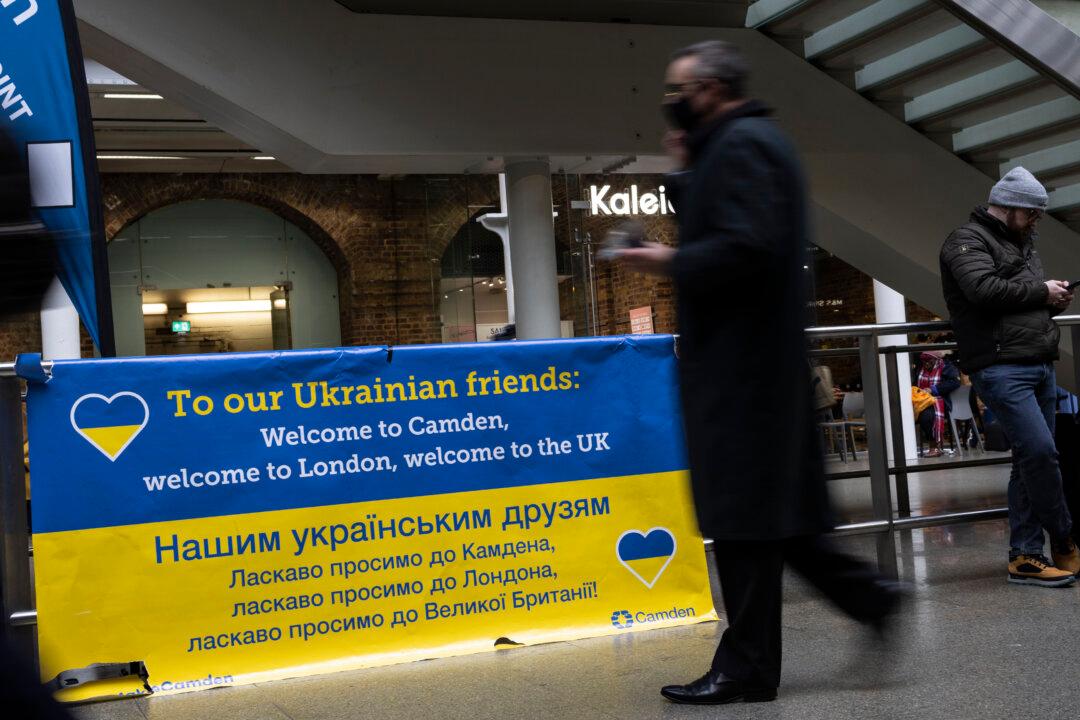Ukrainian refugees whose UK accommodation fell through need to be matched with new sponsors, local councils said, as they see “a concerning increase” in homeless Ukrainian arrivals.
Councillor James Jamieson, chairman of the Local Government Association (LGA) on Friday said local councils need information on the arrivals, fundings, and clearer guidance in order to help the refugees in need of housing.





